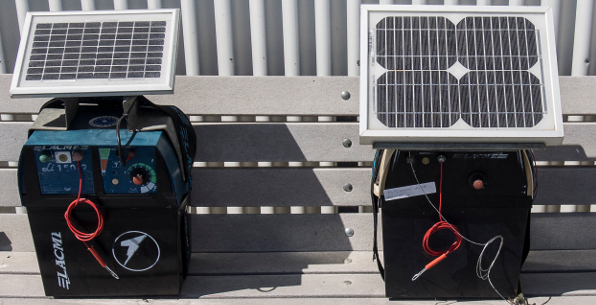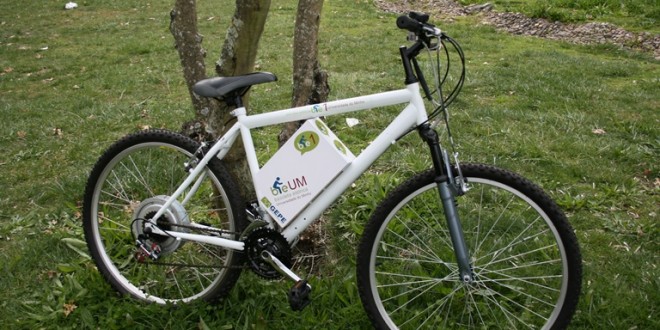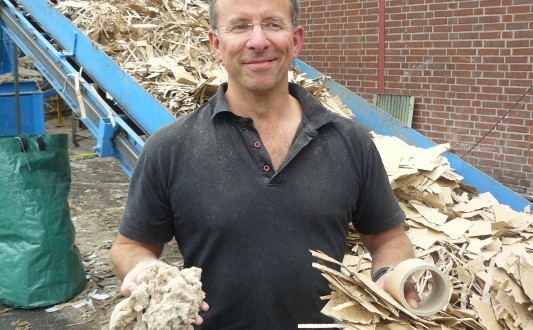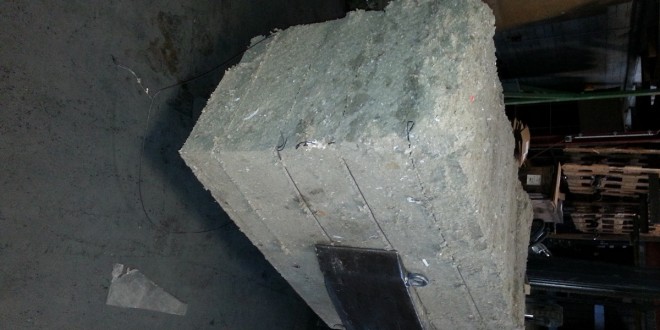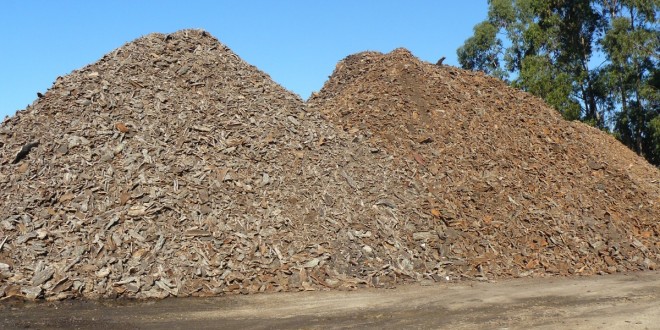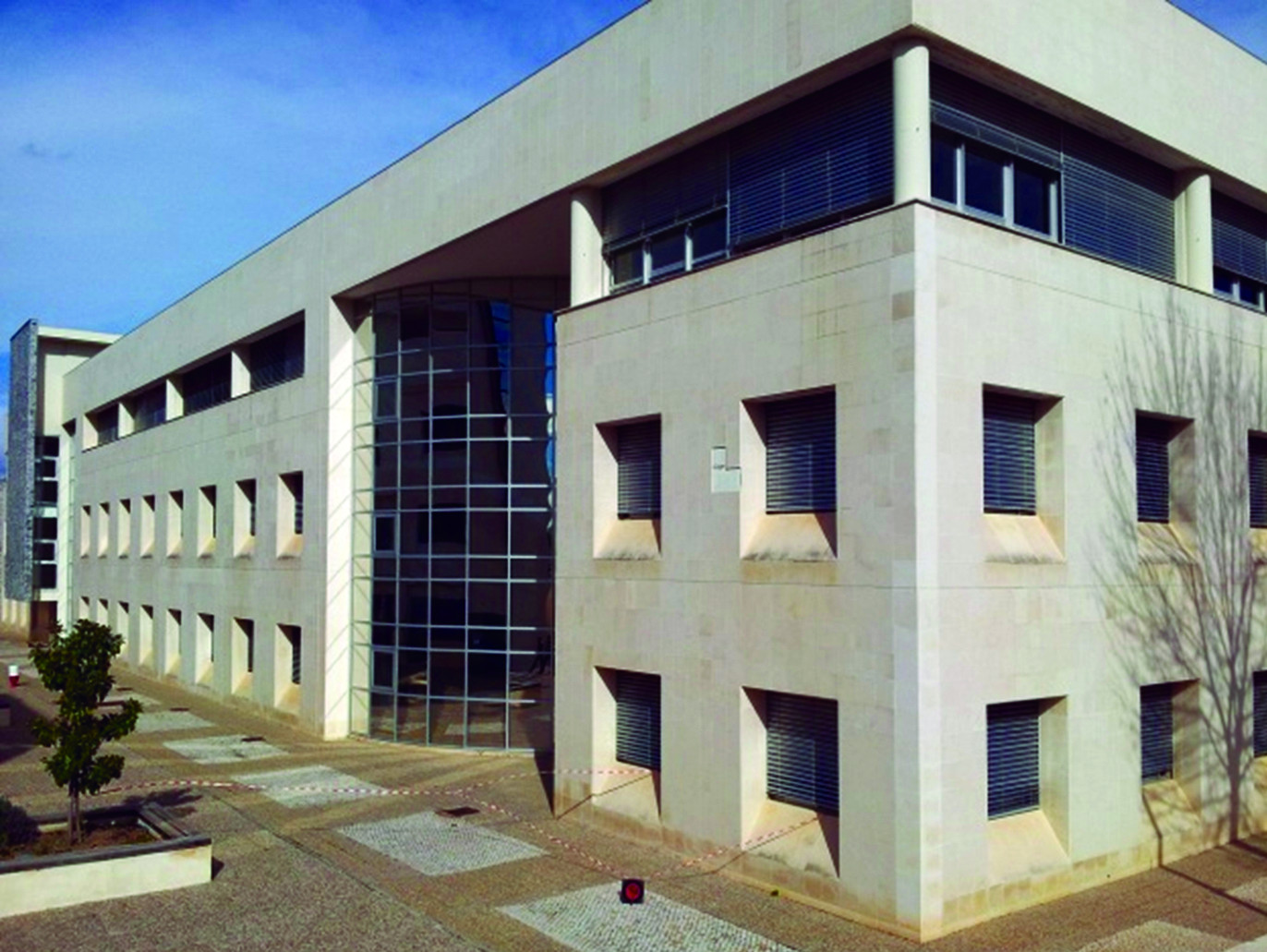As a researcher working on the governance of energy transitions in 2016, I was fascinated by the relatively slow growth of solar energy in Portugal despite the amazing potential. I crafted a research project to explore this with a focus on accountability relations, and successfully competed for a position at the Centre for Climate and Energy Transformation in Norway, where I feel fortunate to explore this and similar issues with some fantastic colleagues. Between 2017 and 2019, I have spent about five months in Portugal, studying the multi-sited and multi-scalar geographies of solar energy uptake, from the capital Lisbon to …
Read More »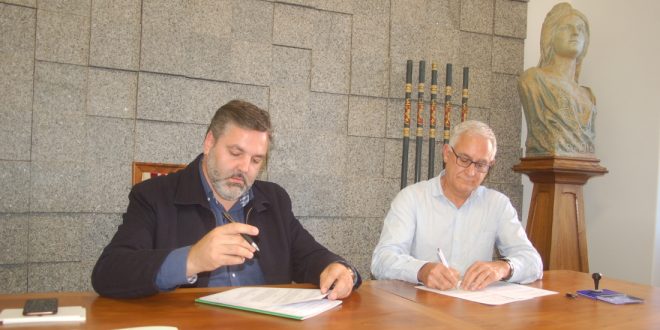
 Eco123 Revista da Economia e Ecologia
Eco123 Revista da Economia e Ecologia

